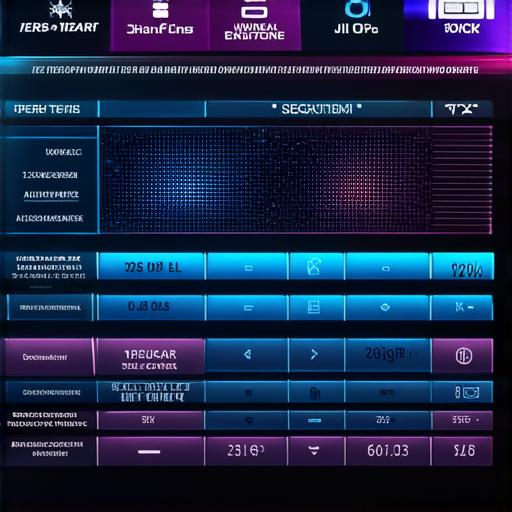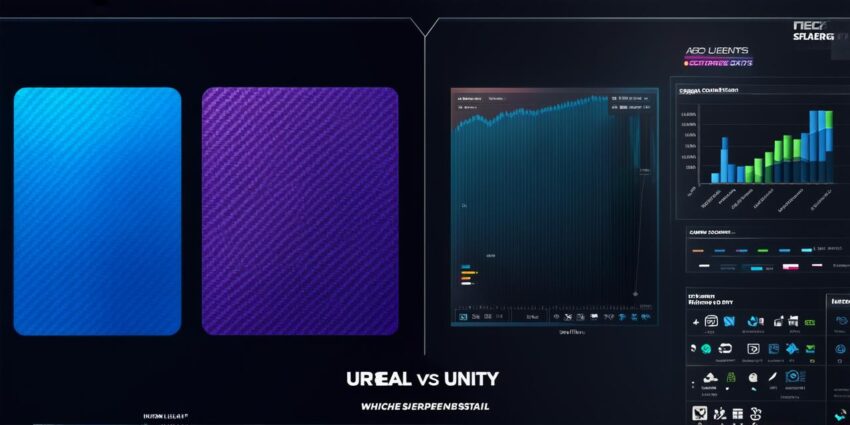Unreal Engine vs Unity
When it comes to choosing a game engine for your project, two of the most popular options are
Unreal Engine
and
Unity
. Both engines have their own strengths and weaknesses, and ultimately, the choice between them will depend on the specific needs and goals of your project. In this article, we’ll take a closer look at
Unreal Engine
and
Unity
to determine which one is superior in terms of features, performance, and usability.
Unreal Engine
Unreal Engine
was first released in 1998 by Epic Games, and it has since become one of the most widely used game engines on the market. It is known for its powerful graphics capabilities and support for a wide range of platforms, including PC, mobile, and consoles. Some of the key features of
Unreal Engine
include:
- Advanced rendering capabilities, including real-time ray tracing and global illumination
- Support for a wide range of programming languages, including C++, C, and Blueprint
- A powerful toolset for creating complex animations and physics simulations
- Integration with a variety of third-party plugins and tools, including those for AI, VR, and AR development
Unity

Unity
was first released in 2004 by
Unity
Technologies, and it has since become one of the most popular game engines on the market. It is known for its ease of use and support for a wide range of platforms, including PC, mobile, and consoles. Some of the key features of
Unity
include:
- A user-friendly interface that makes it easy to create games without prior programming experience
- Support for a wide range of scripting languages, including C and JavaScript
- Integration with a variety of third-party plugins and tools, including those for AI, VR, and AR development
- Support for 2D game development in addition to 3D
Performance
When it comes to performance, both
Unreal Engine
and
Unity
are highly capable engines that can deliver stunning graphics and smooth gameplay. However, there may be some differences in terms of raw performance depending on the specific needs of your project. For example, if you need to support advanced rendering techniques like real-time ray tracing,
Unreal Engine
may be the better choice due to its native support for these features. On the other hand, if you’re working with lower-end hardware or developing a mobile game,
Unity
may be the better option due to its optimized performance and ease of use.
Usability
In terms of usability,
Unity
is generally considered to be more user-friendly than
Unreal Engine
. This is because it has a simpler interface that makes it easier to create games without prior programming experience. Additionally,
Unity
has a large community of developers and a wide range of resources available to help you get started. However, if you’re an experienced developer who needs a high degree of customization and control over your game,
Unreal Engine
may be the better choice due to its powerful scripting capabilities and support for a wide range of programming languages.
Conclusion
Ultimately, the choice between
Unreal Engine
and
Unity
will depend on the specific needs and goals of your project. If you need advanced rendering capabilities and support for a wide range of platforms,
Unreal Engine
may be the better choice. However, if you’re looking for an easy-to-use engine that can deliver great results on a wide range of devices,
Unity
may be the better option.
